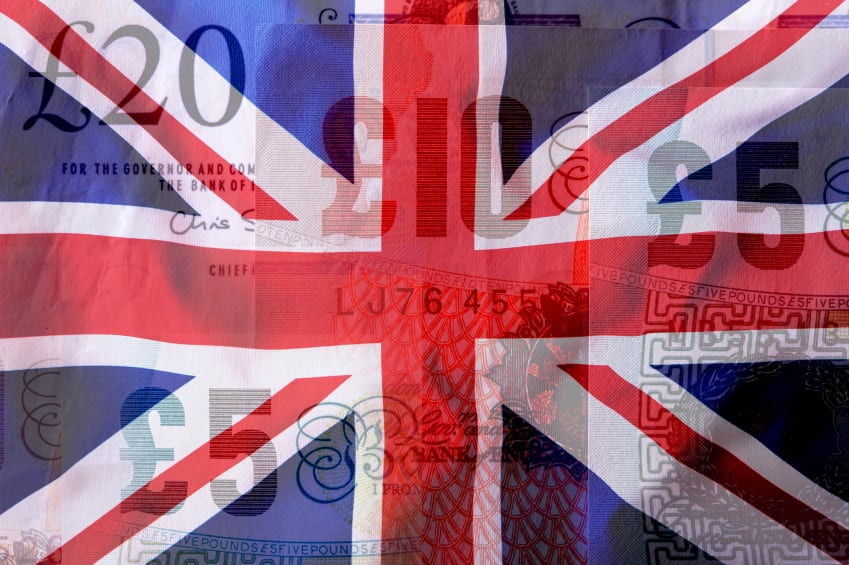The Danish Council of Ethics said food is “an obvious place to start” when it comes to tackling climate change given that the sector – and in particular livestock – accounts for a significant chunk of global emissions.
Changing consumption can lead to “big gains”, the council said, but it’s no good relying on ethical consumers – instead, a “clear signal” should be sent through regulation.
The majority (14 out of 17) of the council’s members recommended a tax on beef as the first stage stage because it “will clarify the issues for consumers and lead to restricted spending”.
“The Danish way of life is far from climate sustainable,” the statement continued, “and if we are to live up to the Paris Agreement target of keeping the global temperature rise 'well' below 2°C, it is necessary both to act quickly and involve food.”
A tax seems to have been effective at reducing consumption in other areas, such as tobacco, said the council’s senior consultant, Anne Lykkeskov.
“Research shows that by simply changing their diets Danes could reduce the climate impact of their food intake by 20% to 35%, providing that the intake of red meat is substantially reduced,” she told FoodNavigator.com.
Mounting evidence
Evidence is growing that consumption patterns will have to change in order to deliver the reduction in emissions required to limit global warming. Indeed, global emissions in 2030 are likely to be a third more than the limit required, according to a UN summary of countries’ climate pledges published this week.

Research by UK think tank Chatham House in November showed how dietary change could help plug the gap. Results from a survey of consumers in 12 countries also suggested less resistance to carbon taxes
on food than politicians believe.
The problem is not public acceptance of hard-line interventions to encourage a shift in purchasing behaviour towards, for example, lower-meat diets; rather it’s a poor understanding of why they are needed, they noted.
A carbon tax on meat is certainly not a vote winner, and initial reactions in Denmark have been mixed.
“Judging from the political reactions it is very unlikely that there will be any political initiatives in this area in the foreseeable future,” Lykkeskov explained.
Carbon + sugar taxes
The council didn’t consider the health impacts of reducing consumption of red meat in its full report (in Danish).
Though diets with a low carbon footprint are generally better for health (as a result of eating less meat and more plants), some foods buck this trend. Sugar, for example, has a low carbon footprint but is bad for health.

The combination of a “well designed” carbon tax on food and a tax on sugary drinks in the UK could lead to health benefits, reduce greenhouse gas emissions and raise up to £3.6 billion (€4.56 billion) in revenue, they explained in the journal BMC Public Health.
Although some aspects of the diet may be healthier, for example due to reduced sugar and saturated fat intake, unintended increases in unhealthy food (such as cakes and biscuits) and nutrients (such as salt) remain, they added.
Future work should therefore focus on developing more sophisticated price structures to optimise a healthy population diet that is low in greenhouse gas emissions.
